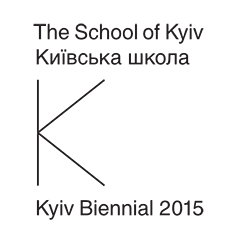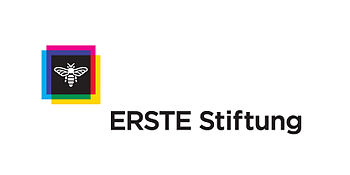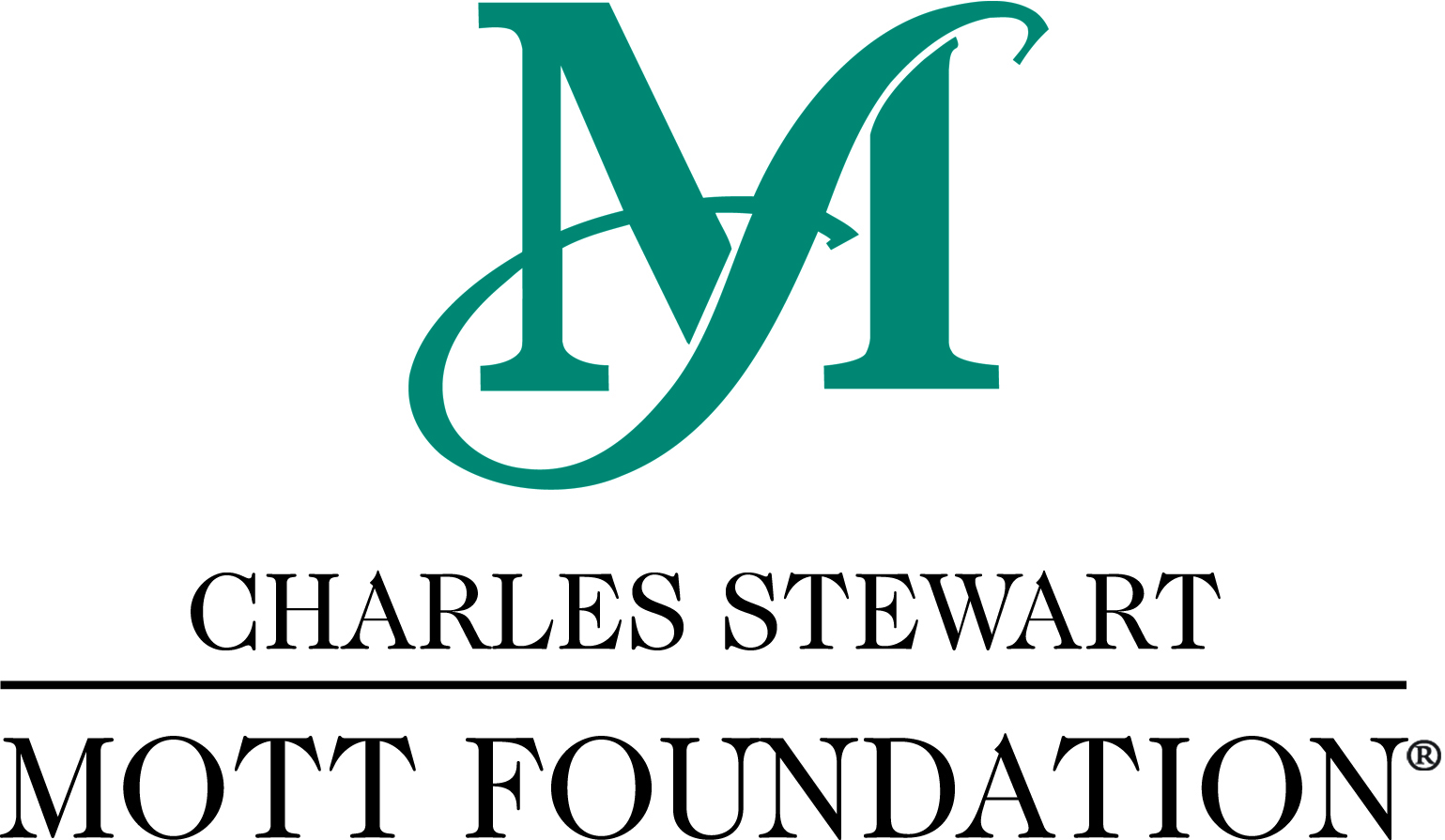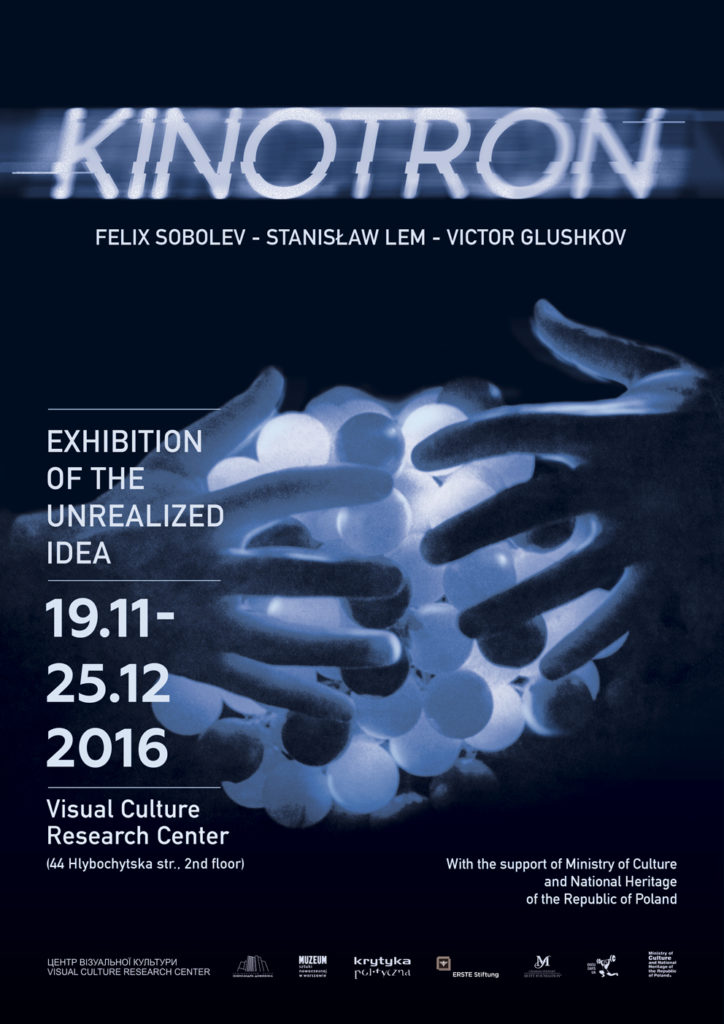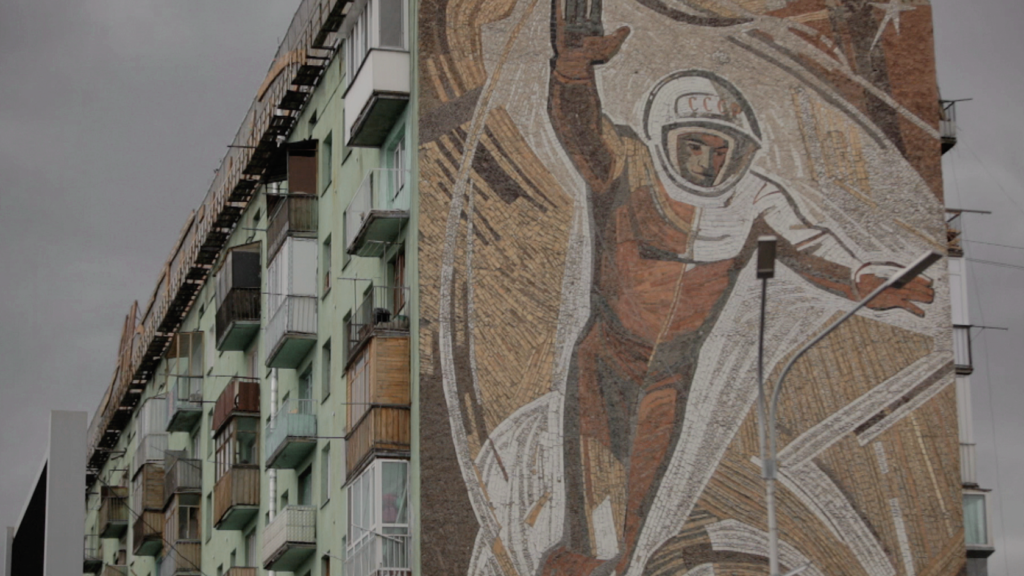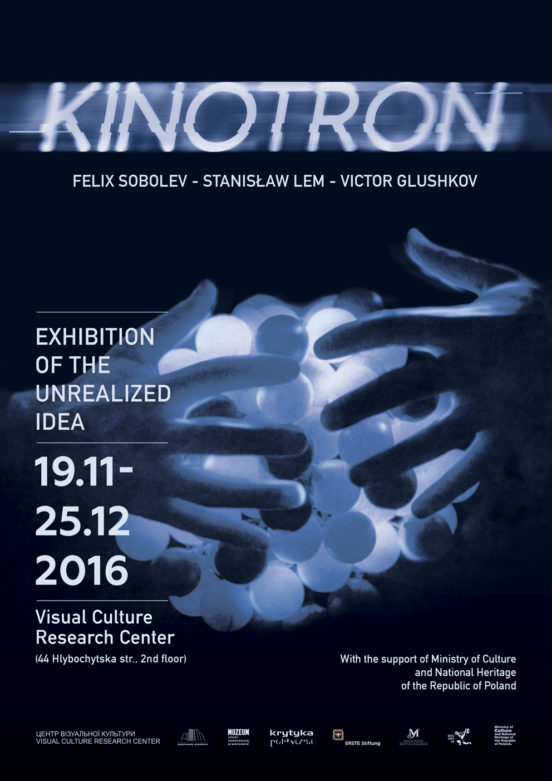Pre-premiere screening of the film Grey Horses by Mykola Ridnyi
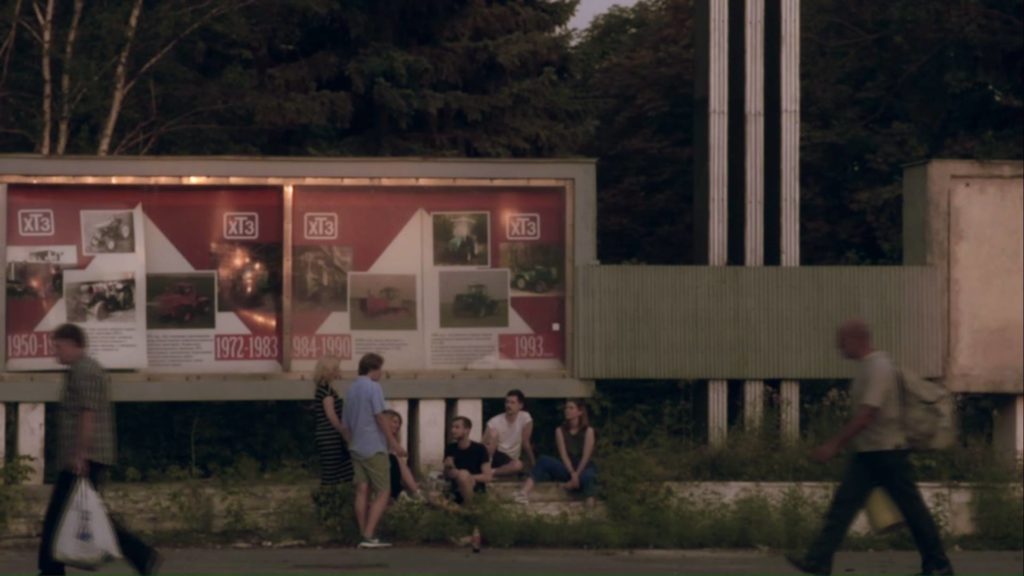
Saturday, 24 December 2016, 19:00
The film script is based on the records of interrogations and stories by the relatives of the little known Ukrainian anarchist Ivan Krupskyi – Mykola Ridnyi’s great grandfather. The film is divided into parts, devoted to the paradoxically diverse protagonist’s life periods: his leadership in a militia unit, participation in the civil war in the beginning of the 1920s, police service, and work as a construction person at the Soviet factory.
Nonfictional and staged episodes reproduce the past through the actions of today’s heroes: anarchists, police officers, students and workers. The shooting took place directly on historical sites: Poltava, Gadyach, Kharkiv and Bohodukhiv.
The film questions the processes of historical memory formation and glorification of the individual figures in accordance with the interests of contemporary politics.
Grey Horses, 44’07’, 2016
Director, screenwriter, editor, producer – Mykola Ridnyi
Cameramen: Dmytro Pashko, Pavlo Itkin, Vadym Smarchenko, Mykola Ridnyi.
Participants: Volodymyr Balash, Alisa Mordasova, Yan Gerasimov, Inna Zyablikova, Ihor Popelnyuk, Danylo Rechkovskyi, Karina Terletska, Andriy Rachynskyi and others.
Line producer – Lyuba Knorozok
Project partner – Hromadske.ua
Admission is free
Mykola Ridnyi is an artist, curator, coeditor of Prostory on-line magazine. His works were exhibited in Pinakothek der Moderne, Munich (2016), Galerie für Zeitgenössische Kunst Leipzig (2016, 2015), at the 56th Venice Biennale, The School of Kyiv – Kyiv Biennial 2015, etc. He lives and works in Kharkiv.
KINOTRON. Exhibition of an Unrealized Idea. Felix Sobolev – Stanisław Lem – Viktor Glushkov
Saturday, 19 November 2016, 19:00
“Kinotron is a new form of film production.
The analogy emerges immediately: cyclotron, synchrophasotron, etc.
It’s all about highest velocities and giant energies.”
From the Felix Sobolev archive
The exhibition presents a little-known, yet unique, phenomenon in Ukrainian film history: the experimental works of the representatives of “the Kyiv school of scientific film,” which emerged in the 1960s around a famous filmmaker Felix Sobolev. His films Seven Steps beyond the Horizon, Me and the Others, etc. were the first to show that scientific film can be popular with the mass viewer, being still an experimental synthesis of art and science. Yet, the vast majority of Sobolev’s visions never became a reality.
At the exhibition Kinotron, which is the result of the archival research of Felix Sobolev and his colleagues, the utopian ideas by “the Kyiv school of scientific film” will be shown to the public for the first time. Sobolev described the idea of “kinotron” as the “new form of film production,” which would enable a “powerful acceleration” of filmmaking and creative thinking in general. This idea remained on paper, as well as many other Sobolev’s intentions.
The exhibition concept, based on an archival discovery, suggests that Sobolev and his colleagues could have made a film adaptation of Stanisław Lem’s philosophical essay Summa Technologiae – a film, which could have caused a revolution in film. Kinotron exhibition juxtaposes these unrealized utopian ideas with the footage filmed by “the Kyiv school of scientific film” under the conditions of strict bureaucratic control over film production. These films cover various spheres of contemporary science – from experimental sociology to astrophysics, from political science to cybernetics (special role in Ukrainian scientific film history belongs to its collaboration with the Institute of Cybernetics, founded by Viktor Glushkov in Kyiv). Today, in the times of a renewed interest to the ideas of acceleration and technological expansion of human capabilities, the idea of kinotron deserves its late implementation – at least in the exhibition format.
Exhibition concept: Oleksiy Radynski
Research group of the project: Ruslana Koziyenko, Serhiy Klymko, Oleksiy Radynski
Exhibition architect: Oleksandr Burlaka
Admission is free
Opening hours: Tue–Fri, 14:00–20:00; Sat–Sun, 12:00–20:00. Monday – closed.
The exhibition is supported by the Ministry of Culture and National Heritage of the Republic of Poland

Partners: Oleksandr Dovzhenko National Centre

Museum of Modern Art in Warsaw

International Human Rights Documentary Film Festival Docudays UA

Organizers: Visual Culture Research Center, Krytyka Polityczna
Media partners: Українська Правда. Життя, Korydor, Moviegram, Cultprosir, Update, Політична критика
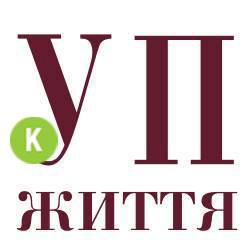
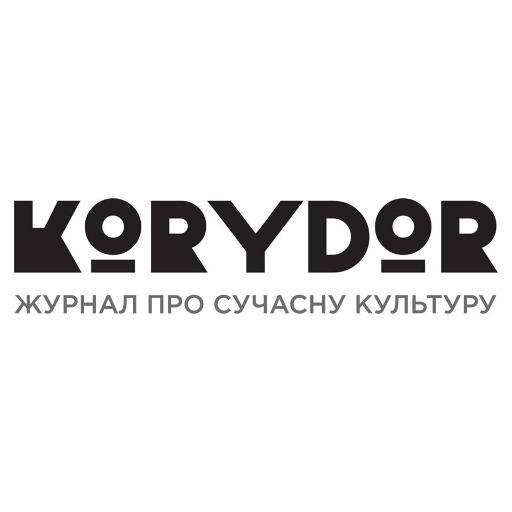
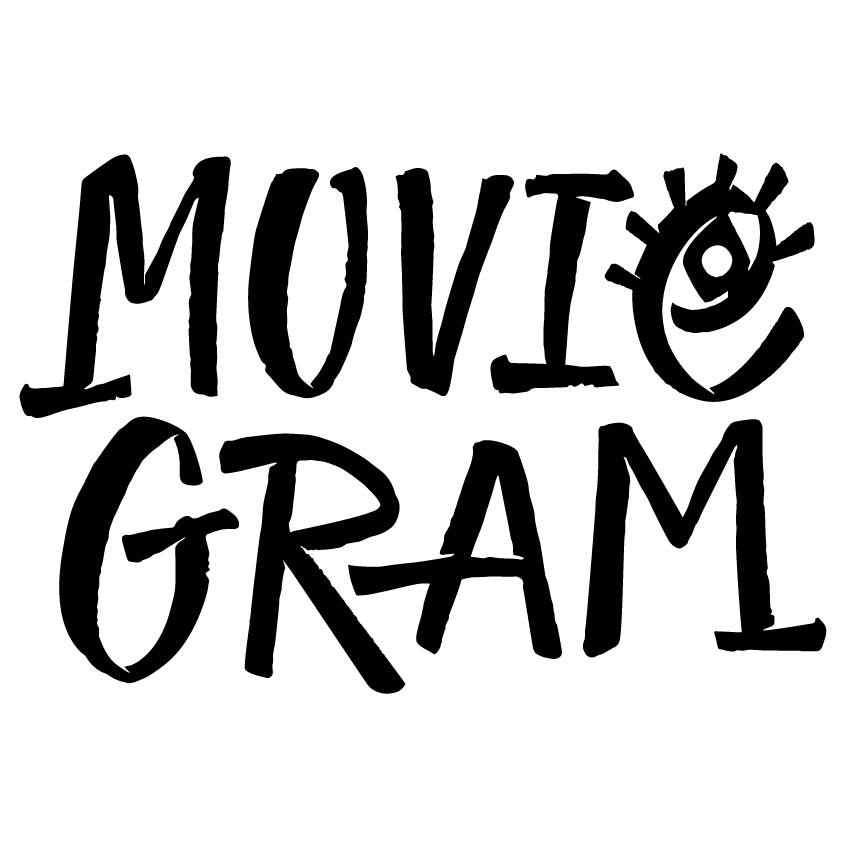

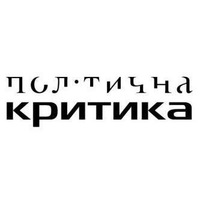
![]()
City and Utopia in the Projects of Museum of Modern Art in Warsaw

Wednesday, 21 December 2016, 19:00
Presentations by Aleksandra Kędziorek and Tomasz Fudala
Oskar Hansen and the Open Form: Towards a Utopia of the Present
Aleksandra Kędziorek
The theory of Open Form, formulated in 1959 by Polish architect, Oskar Hansen, addressed the question of how to accommodate the indeterminate in the process of design: How to make architecture open to its users so that they can participate in its creation, how to design a change and find an equilibrium between subjective and objective elements of a project, and how to turn architecture into a „perceptive background” emphasizing the richness of everyday life. By analyzing his visionary projects of the Linear Continuous System and the Museum of Modern Art in Skopje, or a cybernetic design of the Polish Radio Experimental Studio, the presentation discusses a possibility of creating a real-life utopia. It offers the late 1950s idea as a contribution to contemporary debates on open source architecture and the changing role of architectural profession after the end of stararchitects.
Aleksandra Kędziorek is an art historian and a curator at the Museum of Modern Art in Warsaw. Her major interest lies in exploring the intersection of architecture and the visual arts, and experimental approaches to art and architecture pedagogy. She has curated exhibitions, screenings and seminars at the Yale School of Architecture in New Haven, Bauhaus Dessau Foundation, MACBA in Barcelona, the Serralves Museum of Contemporary Art in Porto, La Loge in Brussels and Index—The Swedish Contemporary Art Foundation in Stockholm. She is also the curator of Oskar and Zofia Hansen’s house in Szumin. She has participated in international research projects on architecture history launched at ETH Zurich and Universidade de Campinas, São Paulo, and contributed as a researcher to several exhibitions on modern and contemporary architecture, including Lifting the Curtain which accompanied 14th Venice Architecture Biennale. She co-edited the volume Oskar Hansen—Opening Modernism: On Open Form Architecture, Art and Didactics (with Łukasz Ronduda, Warsaw 2014) and published in architectural journals, A10, Volume and Architektura&urbanizmus among others.
WARSAW UNDER CONSTRUCTION
Tomasz Fudala
The “Warsaw under Construction” urban design festival, organised for the 8th time by the Museum of Modern Art in Warsaw and Museum of Warsaw, attempts to describe the character of modern Warsaw and its function as an urban centre. What does a modern Warsaw mean? How do you live in a city, what do you use it for, why do we need a city at all? The annual “Warsaw under Construction” festival lasts throughout October. During the festival, Warsaw’s Museum of Modern Art becomes a meeting hub for creative minds to work together to create the type of city its residents want. The museum has invited everyone – from Warsaw NGOs, municipal activists to designers, architects, artists, journalists, and sociologists – to participate in debates and projects. WARSAW UNDER CONSTRUCTION festival dealt with architecture and its designers, advertising in the public space, participation processes and housing policy.
Tomasz Fudala is an art historian and curator at the Museum of Modern Art in Warsaw. Fudala has previously worked at the Adam Mickiewicz Institute and Warszawski Aktyw Artystow. His writings have appeared in Domus, Artforum, Odra, Obieg, Czas Kultury, and Autoportret. He is interested in architecture and the history of exhibitions, which was the subject to his project The Space Between Us. Curator of the WARSAW UNDER CONSTRUCTION FESTIVAL.
Presentations take place within the framework of the exhibition Kinotron, having opened on November 19 and closing on December 25.
Admission is free
The exhibition is supported by the Ministry of Culture and National Heritage of the Republic of Poland

Partners: Oleksandr Dovzhenko National Centre

Museum of Modern Art in Warsaw

International Human Rights Documentary Film Festival Docudays UA

Organizers: Visual Culture Research Center, Krytyka Polityczna
Media partners: Українська Правда. Життя, Korydor, Moviegram, Cultprosir, Update, Політична критика





![]()
Premiere screening of the film Communion by Keti Chukhrov
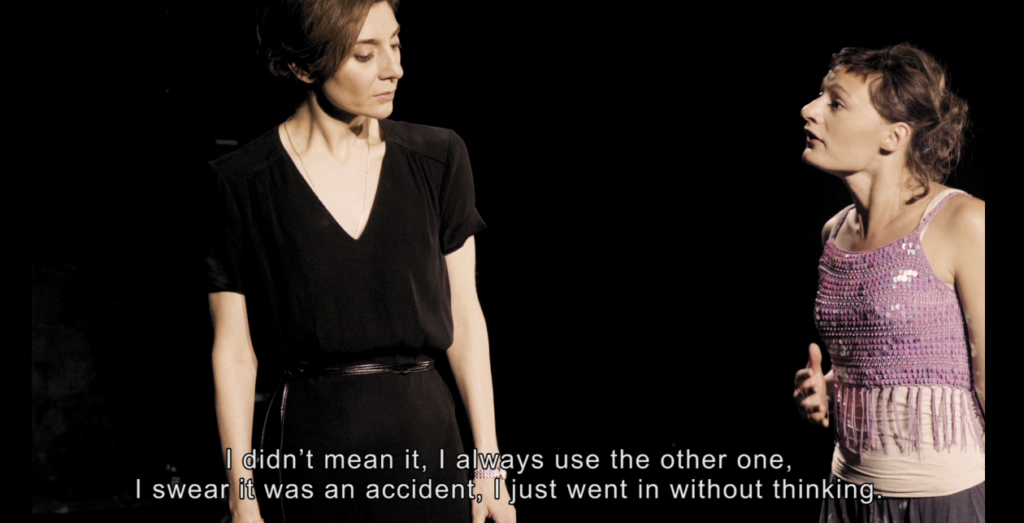
Tuesday, 20 December 2016, 19:00
The video-play Communion unfolds as the clash between 3 female characters: the subaltern, unenlightened hired worker and the representatives of the cultural elite, who happen to convey the values of religion and spiritual growth, thus speaking on behalf of social authority and ethical power. The play is not so much the social critique, but rather an attempt to reveal the hypocrisy in the institute of belief, which pretends to appropriate the rhetoric of virtue, but stems from oppression. The play questions the issue of commons in the conditions of extreme inequality paired by the social hegemony of the elites, manifested as well as an intellectual and cultural domination. However, the quest among the protagonists is still about the search of experiences that would paradoxically accomplish the expectation of commonality.
Communion (2016, 25’, English subtitled HD video).
Based on the original play by Keti Chukhrov, 2009.
Translation: Stephany Sandler, Marijeta Bojovich, Kevin Platt, Bella Shaevich, Ainsley Morse.
Producer: Olga Shirokostup.
Video editing: Victor Alimpiev.
Performers: Vera Kuznetsova, Keti Chukhrov, Anastasia Ivanova.
Camera: Sergey Shilovs.
Сhoreography: Natalia Obelchak.
Sound: Victor Timshin and TEAMSOUND STUDIO.
Music: Nikolay Krasotkin.
Subtitles: Alex Buldakov. Supported by Rosa Luxemburg Foundation (Moscow).
Keti Chukhrov (Higher School of Economics)
– ScD in philosophy (RSUH), associate professor at the Department of Cultural Theory at the HSE, visiting professor at the European University at St. Petersburg. Head of the theory department at NCCA. Her research interests are the ontology of performing, comparative epistemologies of socialism and capitalism, art-systems and post-human studies. She authored numerous texts on art theory, cultural politics, and philosophy, published in Afterall, Moscow Art Magazine, Artforum, Brumaria, Documenta magazines, e-flux journal, Voprosi Philosophii, Stasis, etc. Book-length publications include: To Be – To Perform. ‘Theatre’ in Philosophical Criticism of Art (2011); Pound &£ (1999), and a volume of dramatic writing: Just Humans (2010). With her video-play “Love-machines” she participated at the Bergen Assembly and “Specters of Communism” (James Gallery, CUNY, NY, 2015). Her Latest video-play “Communion” was in the program of the Kansk video film festival (Moscow, 2016) and exhibited at the Ljubljana Triennial 2016, U-3 (cur. B. Groys)
The screening takes place within the framework of the exhibition Kinotron.
Admission is free
The exhibition is supported by the Ministry of Culture and National Heritage of the Republic of Poland

Partners: Oleksandr Dovzhenko National Centre

Museum of Modern Art in Warsaw

International Human Rights Documentary Film Festival Docudays UA

Organizers: Visual Culture Research Center, Krytyka Polityczna
Media partners: Українська Правда. Життя, Korydor, Moviegram, Cultprosir, Update, Політична критика





![]()
Lecture by Keti Chukhrov
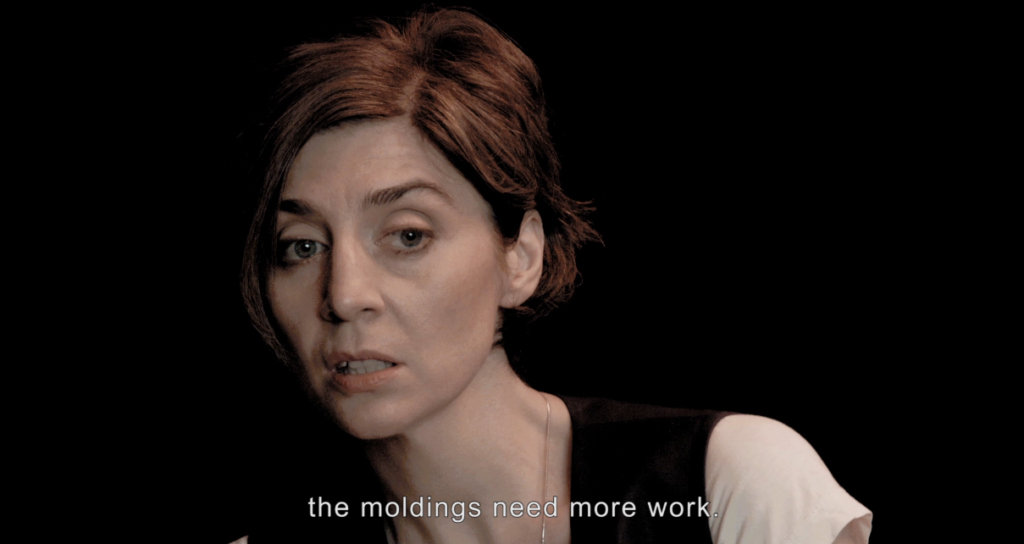
Monday, 19 December 2016, 19:00
Materiality of the Ideal in the Philosophy and Culture of Socialism
The notion of the ideal continues to haunt the contemporary thought even despite accusations of the continental philosophy in the ideologization of the material processes coming from the ANT or the object oriented ontologies. Interestingly, it is with the proliferation of the contemporary materialisms that it became evident to what extent the materialist dialectics of the marxist thought differs from the vulgar materialisms of the OOO of nowadays. Meanwhile in the Soviet philosophy – in works by Vygotsky, Ilyenkov, Ligshitz – long before Badiou and Žižek – an attempt was made to dialectically converge mind and body, notion and thing, the ideal and the material, the abstract and the concrete. Such dialectics of the ideal and the material could not have emerged without the specific context of the socialist economics with all its vicious aspects; and it completely changes our view on the issues of emancipation, labor, art production and freedom.
Keti Chukhrov (Higher School of Economics)
– ScD in philosophy (RSUH), associate professor at the Department of Cultural Theory at the HSE, visiting professor at the European University at St. Petersburg. Head of the theory department at NCCA. Her research interests are the ontology of performing, comparative epistemologies of socialism and capitalism, art-systems and post-human studies. She authored numerous texts on art theory, cultural politics, and philosophy, published in Afterall, Moscow Art Magazine, Artforum, Brumaria, Documenta magazines, e-flux journal, Voprosi Philosophii, Stasis, etc. Book-length publications include: To Be – To Perform. ‘Theatre’ in Philosophical Criticism of Art (2011); Pound &£ (1999), and a volume of dramatic writing: Just Humans (2010). With her video-play “Love-machines” she participated at the Bergen Assembly and “Specters of Communism” (James Gallery, CUNY, NY, 2015). Her Latest video-play “Communion” was in the program of the Kansk video film festival (Moscow, 2016) and exhibited at the Ljubljana Triennial 2016, U-3 (cur. B. Groys)
The lecture takes place within the framework of Kinotron exhibition.
Admission is free
The exhibition is supported by the Ministry of Culture and National Heritage of the Republic of Poland

Partners: Oleksandr Dovzhenko National Centre

Museum of Modern Art in Warsaw

International Human Rights Documentary Film Festival Docudays UA

Organizers: Visual Culture Research Center, Krytyka Polityczna
Media partners: Українська Правда. Життя, Korydor, Moviegram, Cultprosir, Update, Політична критика





![]()
Uwe Gössel. Implementation of the project theatre model in Ukrainian cultural space
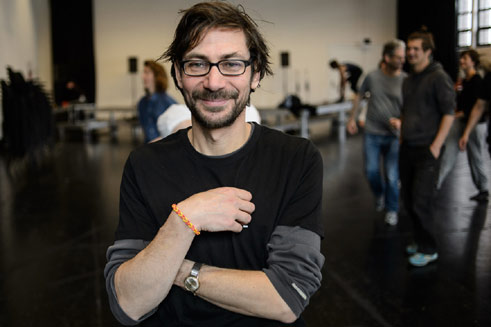
Friday, 9 December 2016, 19:00
The End of Deception project is aimed at the critique of the imitation of reforms and dialogue and creation by the Ukrainian politicians the so called “image for export,” which substitutes the real transformation of state institutions, necessary for Ukraine’s European integration. The highlight of the project is to create the documentary theatre performance The End of Deception. A series of workshops, as well as a discussion on the challenges of reforming theatre industry in Ukraine, will take place within the project’s framework.
At the meeting Uwe Gössel will talk about social effects of the theatre and analyze the documentary theatre form through the example of The End of Deception performance, premiering on December 8.
Uwe Gössel was born in Pforzheim and studied Applied Cultural Studies and Aesthetic Practice at Hildesheim University, graduating with a diploma in Applied Cultural Studies. He was a playwright at the Volkstheater Rostock from 1999 to 2002 and subsequently at the Maxim Gorki Theater Berlin until 2004. Since then he has been a freelance playwright and author. He is a board member of the Dramaturgische Gesellschaft. Uwe Gössel has run the International Forum within the Theatertreffen Berlin since 2006.
Admission is free
Organizers: The End of Deception project, supported by Theatre Platform NGO and Goethe-Institut Ukraine

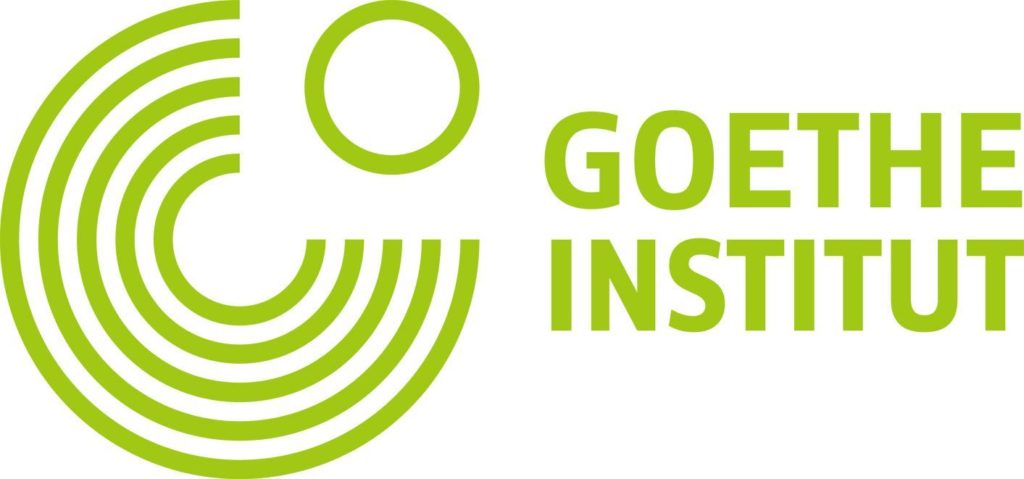
Partners:
Visual Culture Research Center
ETC (European Theatre Convention)
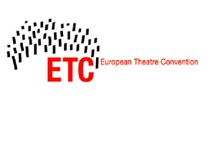
GOGOLFEST, “DAKH” Contemporary Art Theatre

![]()
Lecture by Fabrice Escaffre. Spatial Segregation? The Geographer’s Approach
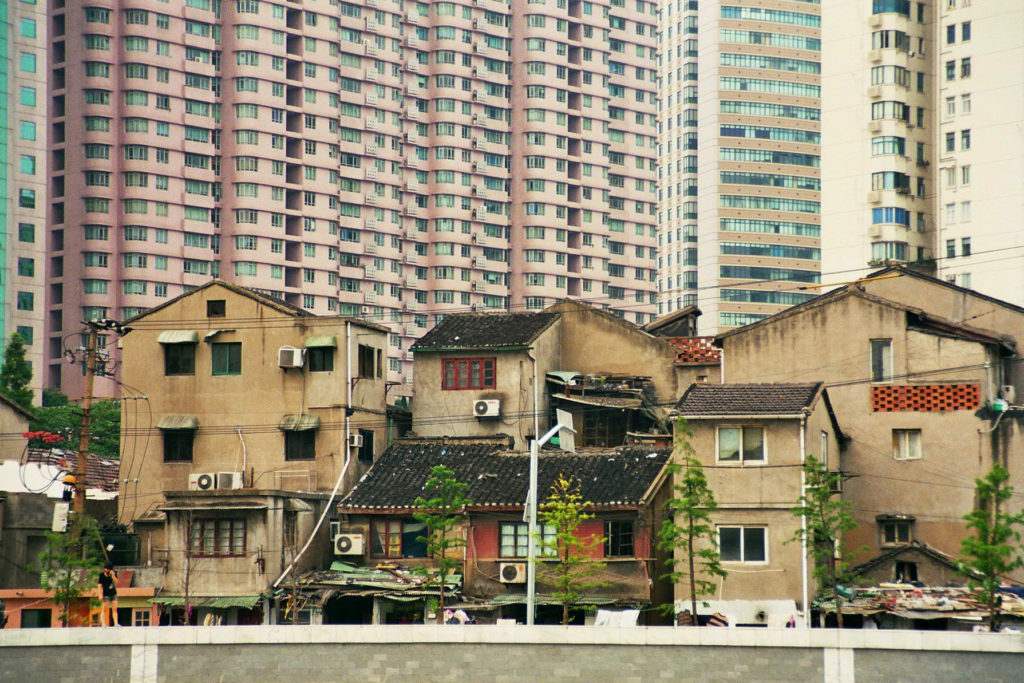
Thursday, 8 December 2016, 19:00
Such notions as “urban ghetto,” “territorial apartheid” are often used in France to talk about social division of urban spaces, more importantly about particular territories, where people with low income rates live. The debates around this issue are very diverse.
Geographer and urban planning expert Fabrice Escaffre will present this problematic and tell how we are to define such situation, how it is to be compared, researched and explained, as well as about social, urban and political questions, raised by it.
Fabrice Escaffre is a professor at the Université Toulouse-Jean Jaurès and a researcher at the Interdisciplinary Center for Urban Studies. He explored the issues in the functioning of public spaces. He is currently conducting a research on housing from the point of view of its use, its place in the construction of territories and its consideration by public action. He has also recently worked on the issue of territorial strategies, particularly towards sensitive aspects of urban environment. Within the Department of Geography-Planning-Environment of Toulouse-Jean Jaurès University, he coordinates the Masters Program “Cities, Housing and Ecological Transition”.
The lecture continues the course City – Discrimination, Segregation, Integration – French Experience, developed by the French Institute in Ukraine, exploring these issues from historical, sociological, and demographic perspectives.
The lecture will be delivered in French with consecutive interpretation into Ukrainian.
Admission is free
Organizer – l’Institut Français d’Ukraine
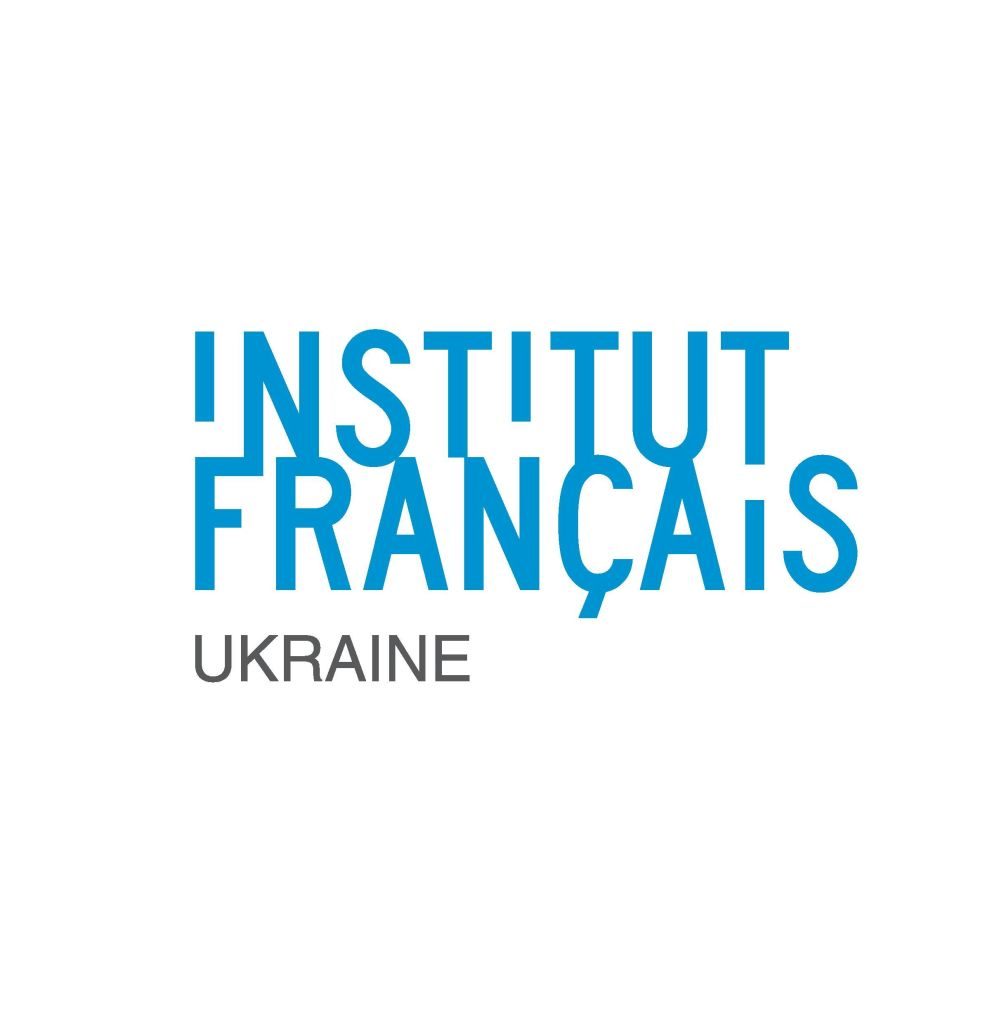
Partner – Visual Culture Research Center
Supported by: ERSTE Stiftung та Charles Stewart Mott Foundation
Screening of The Cosmist Trilogy by Anton Vidokle
Wednesday, December 7th, 2016, 19:00
During the period of 2014-16 the artist Anton Vidokle worked on the series of films about cosmism as a philosophical movement. This Is Cosmos draws on the thinking of the early 20th Century Russian philosophical movement “cosmism.” Filmed in Siberia, Crimea, and Kazakhstan, This Is Cosmos draws on diverse materials including poems, philosophical texts, scientific writings, academic papers, and historical studies. It particularly centers on the writings of the philosopher Nikolai Fedorov, who advocated the development of scientific methods for the radical extension of life, and the resurrection of the dead. For the Russian cosmists, cosmos did not mean outer space: rather, they wanted to create “cosmos” on earth. “To construct a new reality, free of hunger, disease, violence, death, need, inequality – like communism.” Vidokle’s film re-engages this Utopian project, seeking out the traces of such philosophy after the end of the Soviet Union and in the present day.
The second film of Anton Vidokle’s trilogy on Russian cosmism, The Communist Revolution Was Caused By The Sun, looks at the poetic dimension of solar cosmology of Soviet biophysicist, Alexander Chizhevsky. Shot in Kazakhstan, where Chizhevsky was imprisoned and later exiled, the film introduces Сhizhevsky’s research into the impact of solar emissions on human sociology, psychology, politics and economics in the form of wars, revolutions, epidemics and other upheavals. aligns the life of post-soviet rural residents and the futurological projects of Russian cosmism to emphasize that the goal of the early Soviet breakthroughs aimed at the conquest of outer space was not so much technical acceleration, but the common cause of humankind in their struggle against limitations of earthly life.
The last film in Vidokle’s trilogy on Cosmism is a meditation on a museum as the site of resurrection — a central idea for many Cosmist thinkers, scientists and avant-garde artists. Filmed at the State Tretiyakov Gallery, Moscow Zoological Museum, The Lenin Library and The Museum of Revolution, the film looks at museological and archival techniques of collection, restoration and conservation as a means of the material restoration of life, following an essay penned by Nikolai Fedorov on this subject in 1880s.
Anton Vidokle (b. Moscow) is an artist based in New York and Berlin. Vidokle is co-editor of e-flux journal along with Julieta Aranda and Brian Kuan Wood. Vidokle’s work has been exhibited internationally, in venues such as the 56th Venice Biennale (2015) and Documenta 13 (2012). He has directed several films including 2084: A Science Fiction Show (2012-2014) with Pelin Tan, which has been exhibited at the Bergen Assembly (2013), La Biennale de Montréal (2014), the Istanbul Biennial (2015), Home Works 7, Beirut (2015) and the Museum of Modern Art, Warsaw (2016). Vidokle’s series of films on the Russian Cosmists, This Is Cosmos (2014) and The Communist Revolution Was Caused By The Sun (2015) have been exhibited and screened internationally at the Shanghai Biennale (2014) Witte de With, Rotterdam, (2015), the 65th and 66th Berlinale International Film Festival, Forum Expanded (2015, 2016), the Moscow Biennale (2015), the Gwangju Biennale (2016); amongst many others.
The screening takes place within the framework of the exhibition Kinotron.
Admission is free.
Partners: Oleksandr Dovzhenko National Centre

Museum of Modern Art in Warsaw

International Human Rights Documentary Film Festival Docudays UA

Organizers: Visual Culture Research Center, Krytyka Polityczna
Media partners: Українська Правда. Життя, Korydor, Moviegram, Cultprosir, Update, Політична критика





![]()
Lecture by Svitlana Matviyenko. When the Barriers Vanish: Stanisław Lem, Felix Sobolev, and Viktor Glushkov
Sunday, 20 November 2016, 19:00
The lecture within the framework of Kinotron exhibition traces conceptual correlations between the ideas of the three key figures of the scientific-and-technological revolution era in the Soviet bloc countries: science fiction writer Stanisław Lem, filmmaker Felix Sobolev, and the founder of Kyiv Institute of Cybernetics Viktor Glushkov. They are united by their interest in cybernetics as the science of communication, operation and control over complex systems, as well as a quick way to achieve economic, artistic and scientific progress.
In the same time, films by Felix Sobolev demonstrate a fair concern about rapid militarization and automation of war, which have reached a planetary scale. Sobolev’s films often follow the Cold War narrative, allowing him to shift responsibility to an imaginary enemy. However, when he addresses the problem of humanity, or the human as collective notion, it becomes clear that the barrier between “them” and “us” disappears, because the only way to deal with the new type of cybernetic enemy, which has emerged during World War II, is to turn into it, accepting its rules, appropriating its desire, adapting to its behavior.
Svitlana Matviyenko is a media researcher (PhD in History and Philosophy of Technologies and Information Theory, West Ontario University, 2015; and PhD in Theory of Criticism and Film and Media Theory, Missouri University, 2011). She lectures at the Faculty of Information and Media Studies at West Ontario University. She is co-editor (jointly with Paul D. Miller) of the book The Imaginary App (MIT Press, 2014), a collection of studies on mobile applications and cloud computing. Her research interests include parallel histories of cybernetics and psychoanalysis, a phenomenon of a complicit user and media archeology of information war. Recent publications: “Interpassive User: Complicity and the Returns of Cybernetics” (Fibreculture Journal 25 “Apps and Affect”) and “Cinema for A Missing People: Gilles Deleuze’s Crystal Image and Alexander Dovzhenko’s Zvenyhora“. Currently, she works on the book (co-authored by Nick Dyer-Witheford) “Іnformation Wars and Personalized Internet”.
The lecture takes place within the framework of the exhibition Kinotron, opening on Saturday, November 19 and closing on December 25.
The exhibition presents a little-known, yet unique, phenomenon in Ukrainian film history: the experimental works of the representatives of “the Kyiv school of scientific film,” which emerged in the 1960s around a famous filmmaker Felix Sobolev. His films Seven Steps beyond the Horizon, Me and the Others, etc. were the first to show that scientific film can be popular with the mass viewer, being still an experimental synthesis of art and science.
Exhibition concept: Oleksiy Radynski
Research group of the project: Ruslana Koziyenko, Serhiy Klymko, Oleksiy Radynski
Exhibition architect: Oleksandr Burlaka
Admission is free
Opening hours: Tue–Fri, 14:00–20:00; Sat–Sun, 12:00–20:00. Monday – closed.
The exhibition is supported by the Ministry of Culture and National Heritage of the Republic of Poland

Partners: Oleksandr Dovzhenko National Centre

Museum of Modern Art in Warsaw

International Human Rights Documentary Film Festival Docudays UA

Organizers: Visual Culture Research Center, Krytyka Polityczna
Media partners: Українська Правда. Життя, Korydor, Moviegram, Cultprosir, Update, Політична критика





![]()
Film screening: “Maidan Dreaming: Kyiv’s Move Towards Europe”

Photo: Deutsche Welle
Monday, November, 14, 19.00
Three years on many of the revolutionaries are disappointed. Despite pressure from the EU and Washington, Ukrainian leaders refuse to destroy old structures. The conflict in eastern Ukraine with rebels backed by Moscow is hindering Ukraine’s move towards the west. But the spirit of Maidan lives on in creative young people, especially in the capital Kyiv. These musicians, fashion designers and artists could radically change post-Soviet Ukraine.
Reporter Frank Hofmann spent the summer accompanying some of these young creative minds who are still living the Maidan dream.
“Maidan Dreaming: Kyiv’s Move Towards Europe”, 43′, 2016
Frank Hofmann
Deutsche Welle

Free entrance.
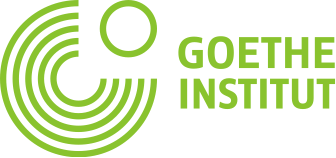
Supported by: ERSTE Stiftung та Charles Stewart Mott Foundation

